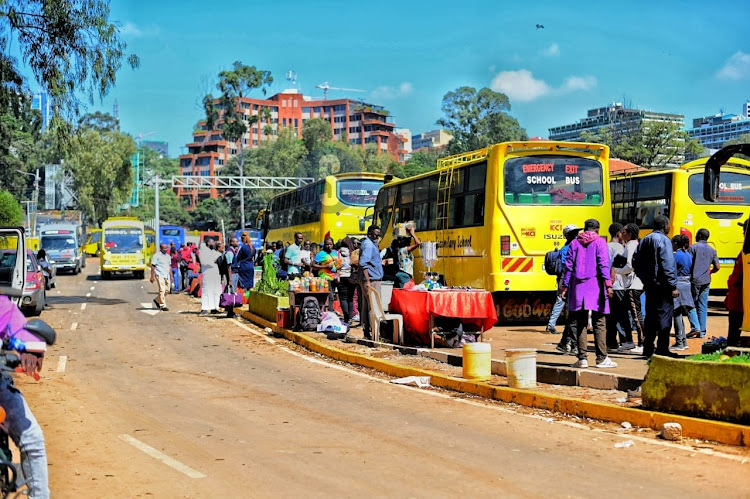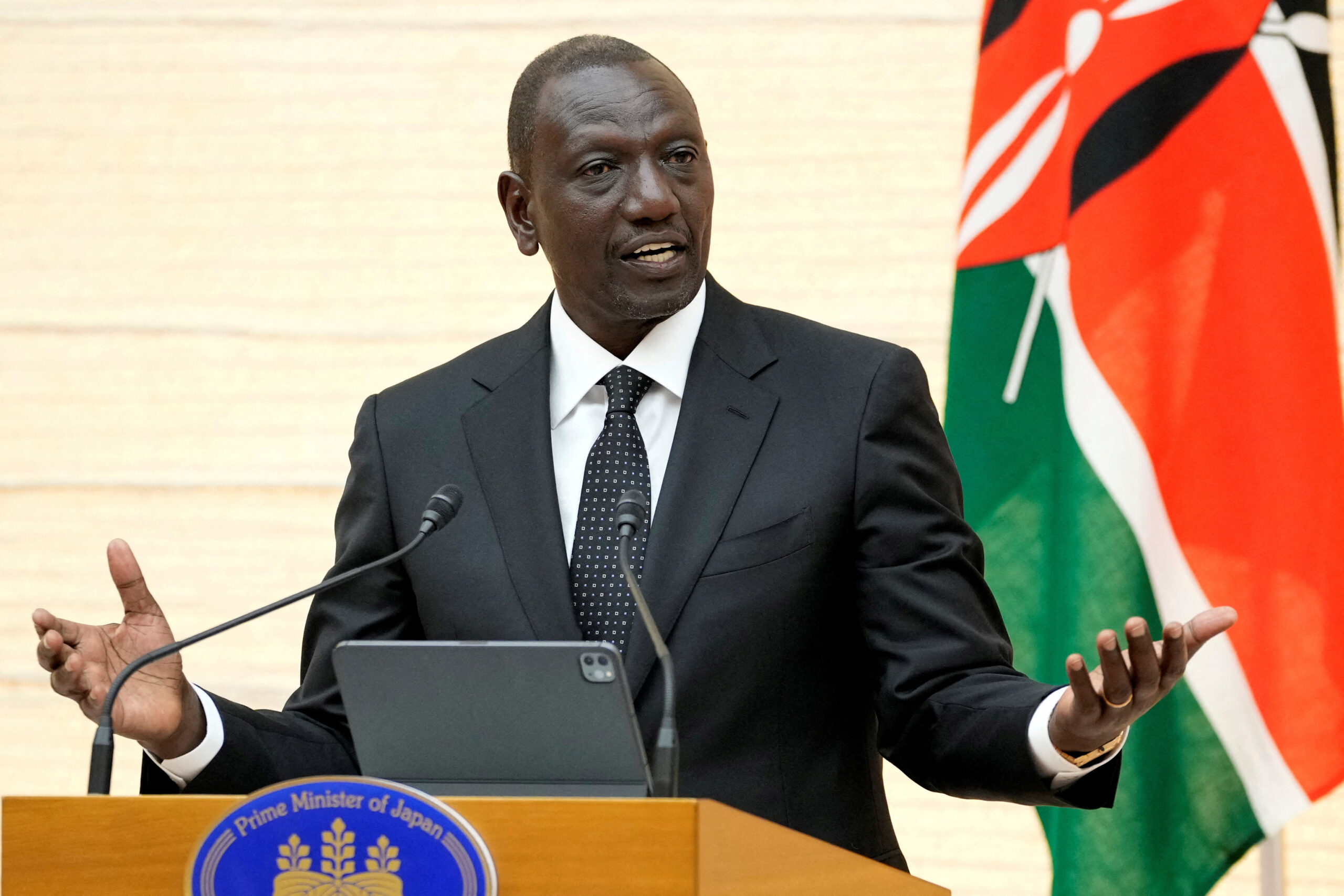In a significant move towards addressing a silent but devastating health crisis in Kenya, the Ministry of Health is launching the Sickle Cell Project today. This initiative aims to tackle the pressing issue of Sickle Cell Disease (SCD), which has long been affecting thousands of Kenyan children and their families.
Understanding the Silent Battle: Sickle Cell Disease
Sickle Cell Disease, often abbreviated as SCD, is an inherited genetic disorder that affects the hemoglobin in a person’s red blood cells. It follows an autosomal recessive pattern, meaning both parents must carry abnormal genes, even if they don’t exhibit symptoms, for the child to be affected.
The impact of SCD is far-reaching, both in terms of human suffering and its economic burden. SCD causes red blood cells to take on a curved, sickle-like shape instead of the normal disc-shaped form. These abnormally shaped cells become rigid and less flexible, leading to a range of complications.
The Alarming Statistics in Kenya
SCD is not a rare disease in Kenya; it is a significant health concern. Alarmingly, 50% to 80% of infants born with SCD do not survive beyond their 5th birthday in Sub-Saharan Africa. In Kenya, approximately 14,000 children are born with SCD every year, and its prevalence is increasing due to migration and intermarriage.
The health consequences of SCD are profound, causing recurrent pain, organ damage, and an increased risk of infections. These effects ripple through patients’ lives, impacting their growth, psychosocial development, education, and employment prospects.
Bridging the Gap by donating Blood
One of the critical interventions for SCD patients is regular blood transfusions, which can significantly enhance their quality of life. However, there’s often a shortage of blood supply, making this life-saving treatment inaccessible to many. This is where ordinary Kenyans can make an extraordinary difference.
By donating blood, individuals can bridge the gap between supply and demand, providing hope and a chance at a healthier future for SCD patients. The Ministry of Health emphasizes the importance of regular blood donations as a tangible way for people to contribute to this noble cause.
Government’s Commitment to Combat Sickle Cell Disease
The Ministry of Health’s decision to launch the Sickle Cell Project underscores the government’s commitment to addressing this silent battle faced by many Kenyans. Routine newborn screening and proper treatment are essential steps toward saving lives and improving the quality of life for those living with SCD.
The launch of the project not only raises awareness about the disease but also signals the government’s determination to take action. Initiatives like these align with Kenya’s broader health agenda, aiming to provide accessible and quality healthcare services to all citizens.
The Sickle Cell Project’s launch is a significant step forward in Kenya’s fight against SCD. By addressing this often-overlooked health crisis, the Ministry of Health is not only saving lives but also improving the overall well-being of its citizens. The call for blood donations resonates with the idea that every Kenyan can play a role in creating a healthier and more hopeful future for all.








